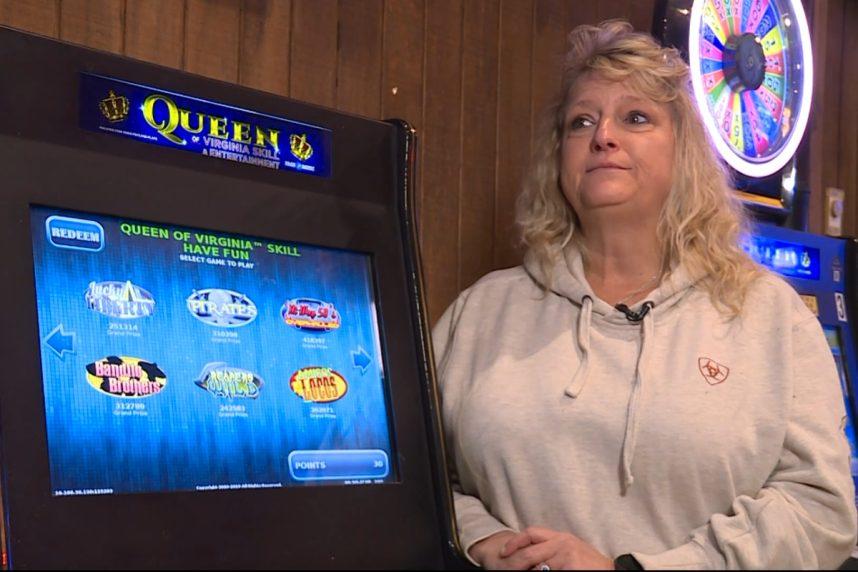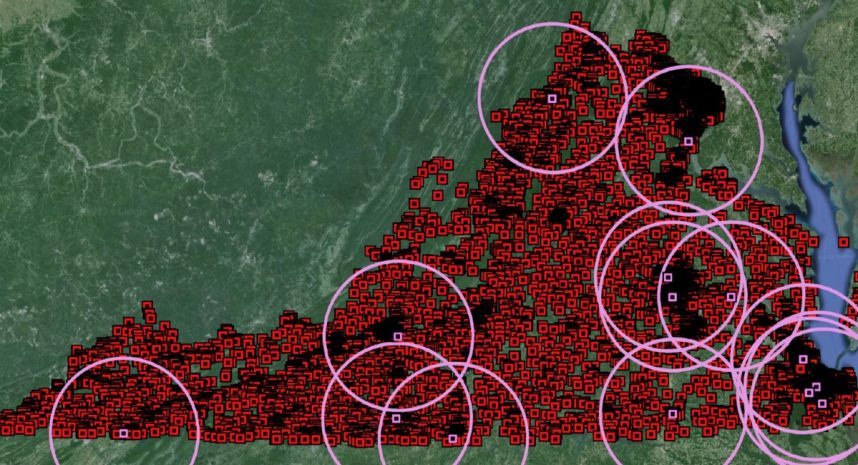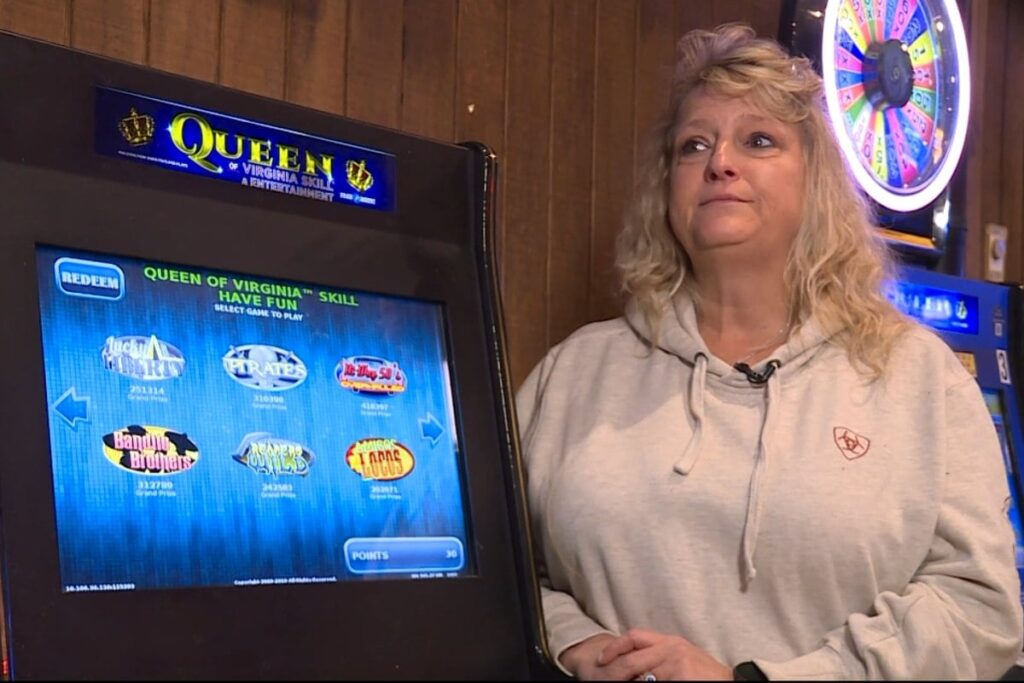Posted on: April 15, 2024, 01:45h.
Last updated on: April 15, 2024, 01:45h.
Skill gaming proponents in Virginia say Gov. Glenn Youngkin’s (R) amendments to legislation passed by the General Assembly that seeks to allow certain businesses to house the machines goes too far.

Youngkin last week returned the skill gaming measure after he rewrote significant portions of the statute.
Notably, the governor suggests that skill games like the popular Queen of Virginia title be prohibited within 35 miles of any commercial casino or parimutuel wagering facility. More consequently, Youngkin also wants to mandate that skill games stay at least 2,500 feet, or roughly a half-mile, from any school, daycare, or place of worship.
State Sen. Bill Stanley (R-Franklin), a staunch supporter of skill games who represented Sadler Brothers Oil in its lawsuit challenging the state’s decision to ban skill games effective June 2021, says Youngkin’s changes effectively outlaw skill games almost everywhere.
Stanley’s staff compiled a map displaying where skill games wouldn’t be allowed should the legislature sign off on the governor’s changes. The map shows that nearly all of the commonwealth would be excluded, with only rural, remote areas possibly housing the games.

Governor’s Defense
Stanley questioned why Youngkin signed legislation last year that removed the church, school, and daycare half-mile radius prohibition for methadone clinics but isn’t willing to do the same for skill games.
Small business owners are now more dangerous by law than a methadone clinic according to the governor’s amendments to the skill bill. Why?” Stanley posed on X. “Heroin addicts are treated with better respect than small business owners.”
Youngkin said in his skill gaming rewrite that the 2,500-foot exclusion stemmed from the state’s 2020 casino law that requires casinos to stay about a half-mile from religious centers, schools, and daycare facilities. The governor added that his changes provide “a more protective set of arrangements for public safety and consumer protection.”
Skill games look and sound like regular slot machines but differ in that they require a player to identify a winning payline. A slot machine found inside a casino does that automatically.
Skill gaming proponents say the skill element means they aren’t gambling devices, as someone’s proficiency can alter the outcome. Small businesses say the machines have helped offset higher goods and labor costs.
Youngkin explained the 2,500-foot buffer zone is consistent with the state’s other forms of gaming expansion, including the state’s 2018 law that legalized historical horse racing machines and the state’s 2020 casino law that allocated casino licenses to certain cities.
For the few areas where skill games would be allowed, the machines’ financial benefit for businesses housing the terminals would be reduced under the governor’s recommendations. Youngkin’s vast changes include raising the state’s tax on gross proceeds from 25% to 45%.
Only businesses licensed by the Virginia Alcoholic Beverage Control Authority (ABC) would qualify for skill games. Most ABC licensees would be allowed up to four games, while truck stops with alcohol could house as many as 10 terminals.
Small Business React
Skill games since 2020 have proliferated the commonwealth and thousands of machines remained in operation until last fall when the Virginia Supreme Court overturned a circuit court’s injunction in the Sadler Brothers case. The machines remain powered off in countless businesses like restaurants, bars, convenience stores, and gas stations.
Many small business owners say the machines are critical to maintaining their workforces.
A casino with its shiny bright lights is more important than a gas station that has served our community,” small business owner Munir Rassiwala told 8News. “We are forgotten. We are not important.”
Rassiwala’s gas station is among more than 500 convenience stores that have united to protest Youngkin’s skill gaming changes. Their voices are being led by the Virginia Merchants and Amusement Coalition, which is lobbying lawmakers in Richmond to reject Youngkin’s amendments.



